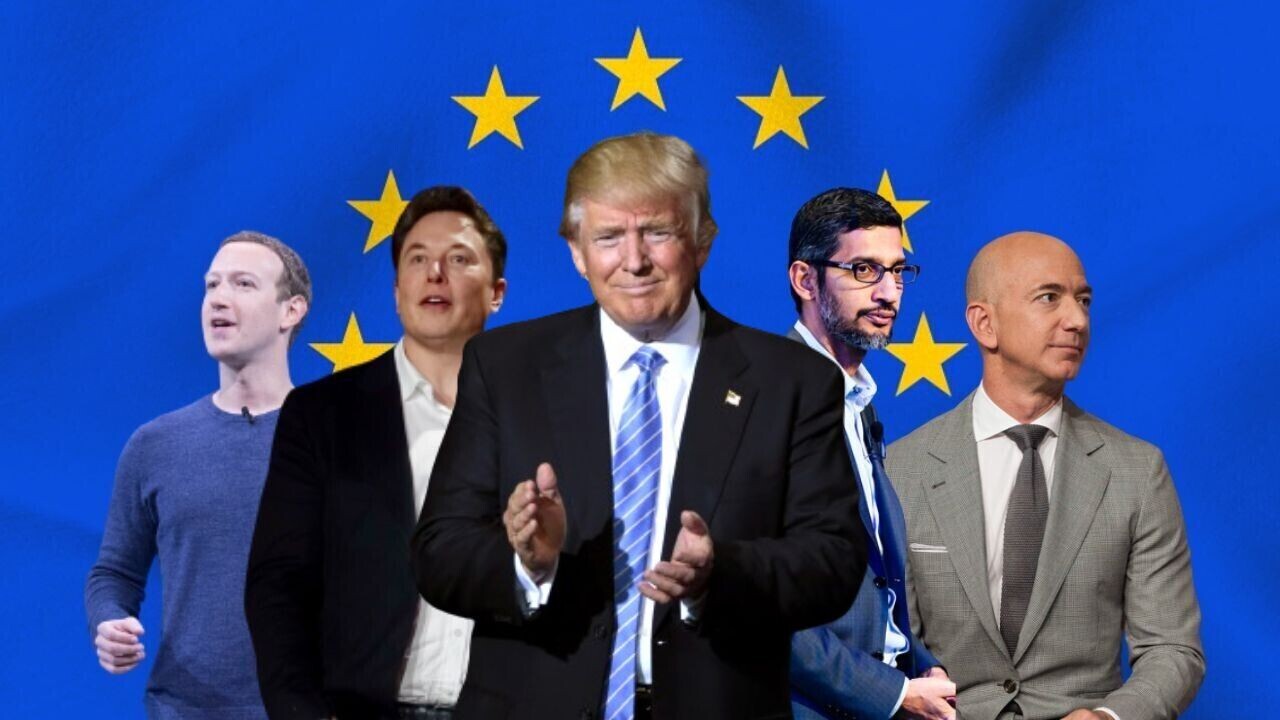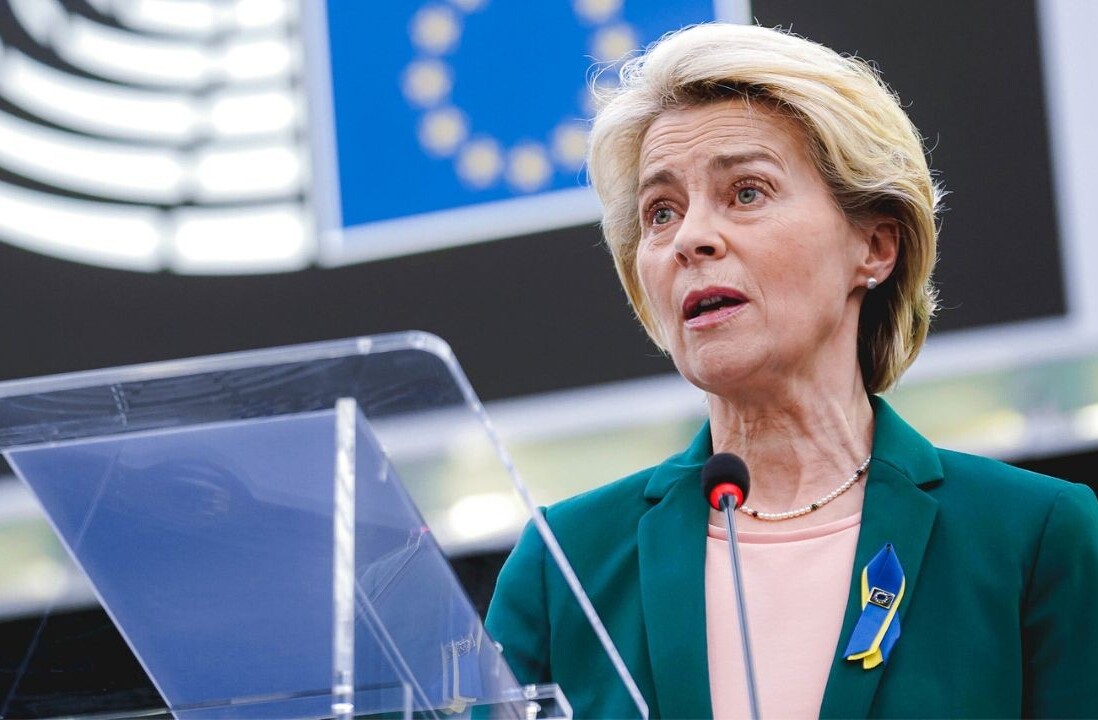
It’s a taunt that’s reiterated to the point of cliché: Europe is a good place to start a tech business, but a bad place to scale one up.
The causes are contentious but their impact is undeniable. None of the 10 most valuable tech firms in the world are in Europe. The US, meanwhile, is home to eight of them.
Inevitably, that builds dependencies on digital services from across the Atlantic. Our businesses, our public services, and our critical infrastructure all depend on big tech companies.
We are all at the mercy of their whims, their weaknesses, and their rulers. When just one of them stumbles, the fall can shake a continent.
Last week’s historic IT outage provided a painful example. The global chaos stemmed from a simple software update by Texas security vendor CrowdStrike. It instantly crashed millions of machines running Microsoft Windows.
The meltdown soon scorched Europe. Flights were grounded, payments frozen, and operations cancelled. Market trading halted, TV stations went off-air, and government systems flatlined.
The mayhem was a reminder of big tech’s boundless power. It also exposed the need for European challengers.
China’s response to the outage strengthens the case.
The geopolitics of an IT outage
As Europe stared into the blue screen of death, China largely avoided the torment. The reason? CrowdStrike software hasn’t been widely adopted in the Middle Kingdom. The country instead relies on homegrown alternatives.
Russia also largely avoided the disruption. Sanctions have forced the country to develop domestic replacements for US software.
Thankfully, Europe hasn’t come under the same geopolitical pressure as China and Russia. But the continent can still learn from their self-sufficiency.
We may not share their enmity with the US, but we’re still engulfed in the tensions.
Our companies are already ensnared in the hostilities. The most valuable tech firm we have — Dutch chip giant ASML — has been blocked from selling equipment to China. Europe has also felt the force of tariffs from the White House.
With another dose of America First protectionism brewing, the need for tech sovereignty is growing.
As the IT outage showed, our digital infrastructure is already fragile enough. Political developments can turn the cracks into ruins.
Aron Brand, CTO of data security startup CTERA, described the outage as a “wake-up call” for national security.
It evidently roused EU politicians. Alex Agius Saliba, an MEP from the Maltese Labour Party, said the fallout showed an “urgent” need for stronger digital infrastructure. Alexandra Geese, an MEP from the German Greens, called for Europe to build a new IT environment.
“The global Microsoft outage shows how vulnerable a world depending on a handful of tech players is,” she said.
To escape that world, Europe will need to build own tech giants. Big changes in policy, culture, and funding will be required. But the talent is already there. The innovations are emerging. The market is big enough. And the need has never been greater.
Get the TNW newsletter
Get the most important tech news in your inbox each week.




